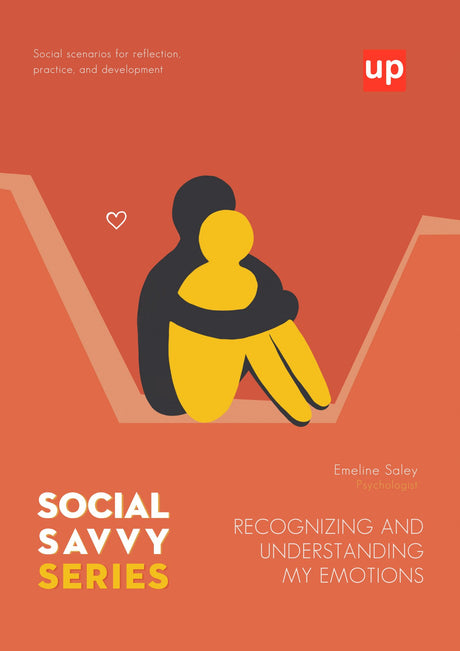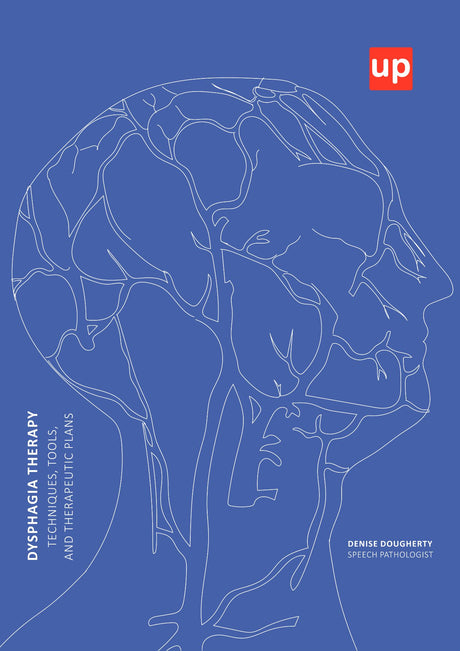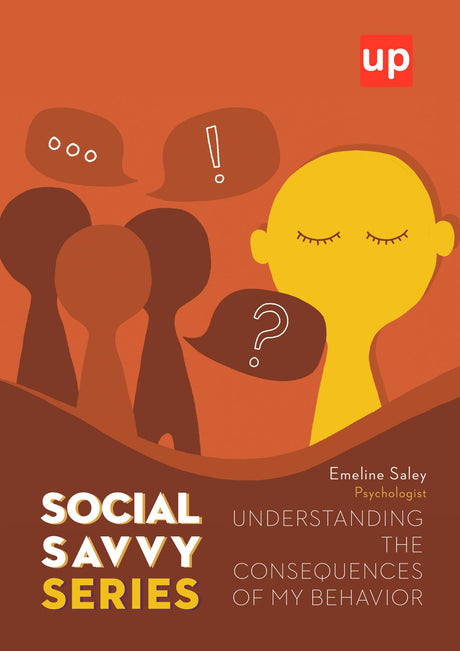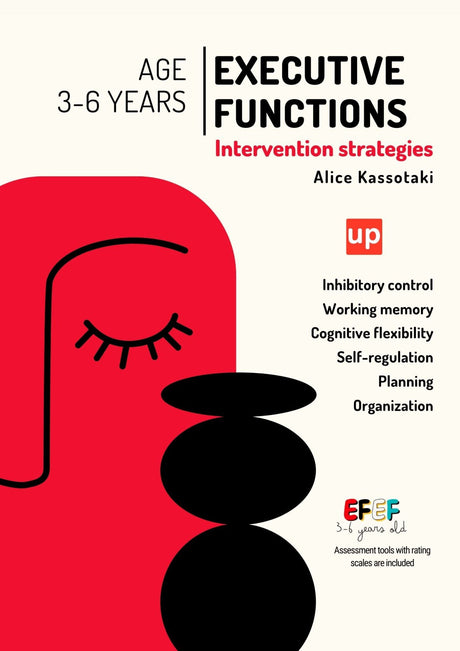"Am I dyslexic?" Many undiagnosed adults find themselves asking this question, especially after a lifetime of unexplained reading challenges - and subsequent academic, professional and/or personal problems.
Although usually considered a childhood disorder, dyslexia can be diagnosed at any age by a knowledgeable psychologist, diagnostic specialist or learning disability specialist. The first step? Take the free dyslexia test below and show the results of this 15-question diagnostic test to your doctor to see if your symptoms match those of dyslexia.
Start the test-->>
Who is it for?
Dyslexia, a widespread learning disability, mainly affects reading skills. It is one of the most widespread learning disabilities and is often found alongside other conditions such as attention deficit hyperactivity disorder (ADHD).
Adult sufferers of these conditions, particularly when they remain undiagnosed, may experience negative outcomes such as reduced academic and vocational achievement, as well as reduced self-confidence. A diagnosis of dyslexia in adulthood can open the door to various support measures in educational settings, workplaces and everyday life, enabling them to overcome these challenges and reach their full potential.
The process of a thorough assessment involves several hours of assessment by a trained professional, such as an educational psychologist or neuropsychologist, among others. For more information about dyslexia, consider exploring our online resource library dedicated to dyslexia.
The summary checklist presented below was created by Ian Smythe and John Everett in 2001.
Is it valid?
Dyslexia is a neurobiological and developmental language-based learning disorder characterised by inaccurate and incomplete word recognition, poor decoding and difficulty in spelling. Individuals can be diagnosed with dyslexia and experience symptoms of dyslexia throughout their lives.
Results from our sample found that the Adult Dyslexia Checklist is valid (Cronbach's á = 0.86) and reliable (sensitivity = 76-91.5%, specificity = 80-88%). Compared to the originally proposed cut-off score of 45, given the higher sensitivity rate and negative predictive value, we recommend that researchers and clinicians use a cut-off score of 40 to indicate possible mild to severe dyslexia symptoms when using the Adult Dyslexia Checklist.
The sample we used for statistical analysis consisted of 400 participants: 200 subjects with dyslexia (mean age = 25.29, SD = 7.35) and 200 controls (mean age = 23.36, SD = 4.88). Data were reviewed and no missing values were found. Subjects in the dyslexia group self-identified as having dyslexia. Given the wide range and severity of symptoms seen in dyslexia, no univariate outliers were removed from the analysis.
Questions
What is dyslexia?
Dyslexia is a specific learning disability that has a neurological origin. It mainly affects the ability to read, spell and write. People with dyslexia often experience difficulties in phonological processing, which affects their ability to decode words and can lead to difficulties in reading fluently and accurately.
How is dyslexia diagnosed?
Dyslexia is diagnosed through a comprehensive assessment that usually includes cognitive and psychological assessments conducted by a qualified professional, such as an educational psychologist or neuropsychologist. The assessment looks at the individual's reading ability, phonological processing, spelling, writing and sometimes oral language skills, compared to what is expected for the individual's age, education and intelligence.
Can dyslexia be cured?
Dyslexia is a lifelong condition and there is no 'cure' for it. However, with appropriate interventions, strategies and support, people with dyslexia can improve their reading and writing skills and learn to effectively manage the challenges associated with dyslexia.
What are the signs of dyslexia in adults?
Signs of dyslexia in adults may include difficulties with fluent reading, spelling errors, avoidance of reading tasks, challenges with coherent writing, mispronunciation of names or words, or taking longer to complete tasks involving reading or writing. Adults with dyslexia may also have a history of reading and writing difficulties during their school years.
Is dyslexia related to intelligence?
Dyslexia is not related to intelligence. People with dyslexia have a wide range of intelligence levels and many have average or above average intelligence. Dyslexia affects the way the brain processes written and sometimes spoken language, which is independent of cognitive ability.
What are some effective strategies for managing dyslexia?
Effective strategies for managing dyslexia include structured literacy programs that emphasize phonics and phonemic awareness, multisensory instruction, individualized instruction, use of assistive technology (such as text-to-speech and speech-to-text software), classroom or workplace accommodations (such as extra time for tests or assignments), and developing strategies to address specific challenges.
Can adults benefit from dyslexia interventions?
Yes, adults with dyslexia can benefit from interventions and adaptations designed to meet their specific needs. It is never too late to seek help and many adults find that with the right strategies and resources they can significantly improve their reading, writing and spelling skills.
Copyright
Ian Smythe and John Everatt, 2001
THIS INFORMATION IS NOT INTENDED TO REPLACE CLINICAL JUDGMENT OR TO GUIDE INDIVIDUAL PATIENT CARE IN ANY WAY.
















